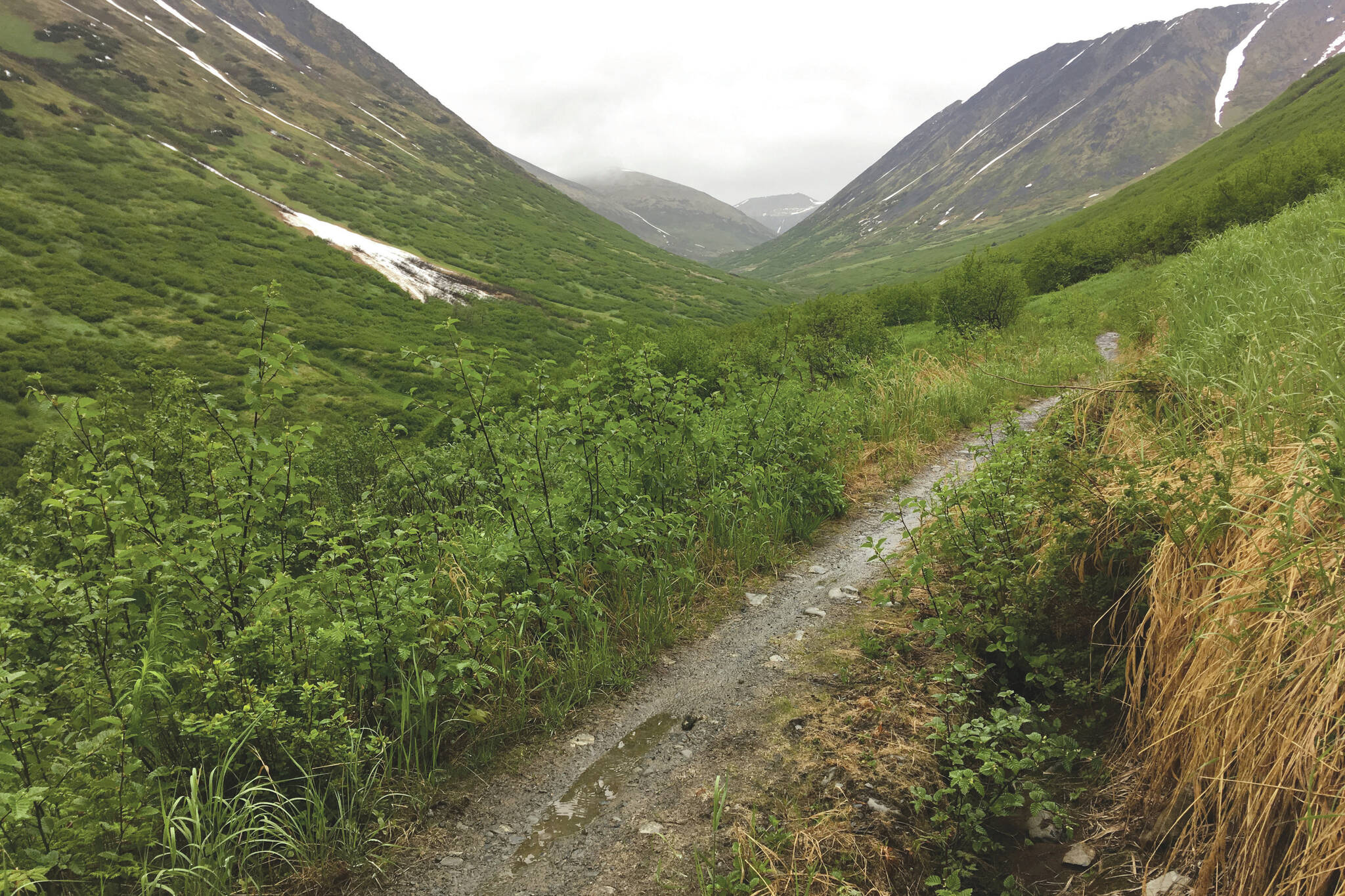The Kenai Peninsula Borough Assembly on Tuesday formally called for more areas in the Chugach National Forest to be opened to e-bike use. The group unanimously approved a nonbinding resolution, sponsored by member Richard Derkevorkian, which calls for class I and II electronic bicycles to be allowed on the forest’s nonmotorized trails, roads and other areas.
In bringing the legislation forward, Derkevorkian cited growing interest in the technology, limited e-bike opportunities in the forest and the recent success of a state bill that writes language about e-bikes into Alaska Statute.
“E-bikes are a rapidly growing market,” he said. “I think it could encourage some economic development and a whole other user group to the Kenai Peninsula.”
According to the U.S. Department of Agriculture, the Forest Service manages e-bikes as motorized vehicles, even though the U.S. The Department of the Interior has reclassified e-bikes as non-motorized vehicles. Because the Forest Services considers e-bikes motorized vehicles, e-bikes cannot be used on Chugach National Forest lands.
“The Forest Service is managing e-bikes with the goal of allowing recreation opportunities while protecting natural resources and other forest uses,” the Chugach National Forest website says.
The resolution passed Tuesday urges the Chugach National Forest’s forest supervisor or ranger districts to start the public process of designating forest roads, trails and areas for use of class I and class II e-bikes.
The Alaska Legislature in May approved House Bill 8, which newly writes into Alaska Statute language about electric-assisted bicycles. The bill language as passed defines e-bikes as bicycles, rather than motor vehicles or motorcycles, as long as the motor is no more powerful than 750 watts.
The bill also categorizes e-bikes as class I, II or III depending how fast they go or the type of assistance they provide a rider.
Class I e-bikes are those whose electric motor only runs when a cycler is pedaling, and that stops providing assistance once the bike reaches 20 miles per hour.
Class II bikes are those with motors that run even if a cycler is not pedaling, and that stops providing assistance once the bike reaches 20 miles per hour.
Class III bikes have a motor that assists riders while pedaling, but that stops providing assistance when the bike reaches 28 miles per hour.
The resolution passed by assembly members Tuesday only asks that class I and II bikes be allowed on nonmotorized trails in the Chugach National Forest.
Tuesday’s assembly meeting can be streamed on the borough’s website at kpb.legistar.com.
Reach reporter Ashlyn O’Hara at ashlyn.ohara@peninsulaclarion.com.

